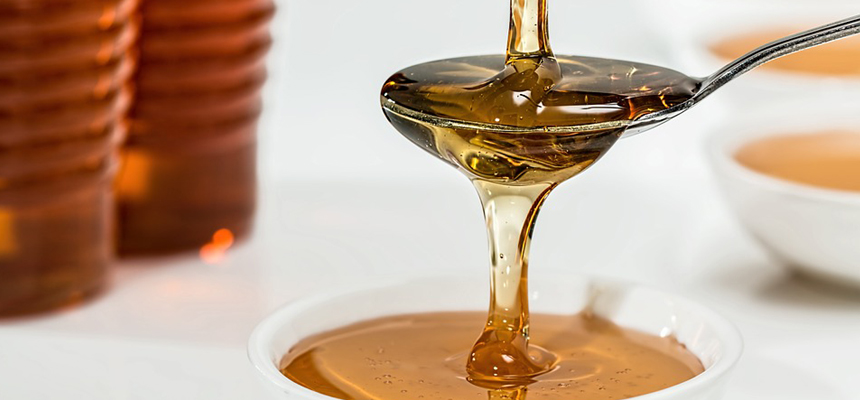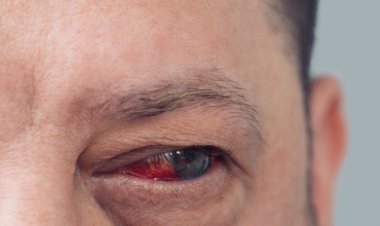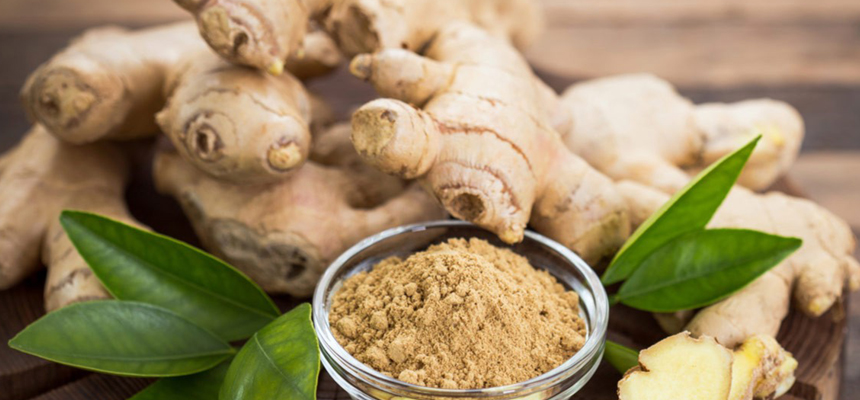Tips to make monsoon a healthy experience

Monsoon is an awaited season in India as it brings a heavy bout of downpour with it. It is a season of joy for everyone in general as they get to plan their outing with their family and friends. Along with this splish splash season, it brings a host of diseases like Chikungunya, Dengue, Malaria, Typhoid, Diarrhoea, Asthma, Jaundice and the most common, food poisoning. All these diseases have the main root cause as consumption of contaminated food and water.
The season can be enjoyed without getting into the trap of these harmful and painstaking diseases by taking care of oneself. The precautions are easy to abide by and also benefit in the long run. First and foremost:
- You need to keep dry at all times. In case you get wet, change clothes immediately after taking a clean shower.
- Avoid excess perspiration and change clothes everyday if you suffer from excessive sweating. In this season you can take frequent baths to keep clean and fresh at all times.
- Hydration is the key; taking 10 to 12 glasses of water on a daily basis will keep your body energized and fuelled.
- Avoid public toilets as sanitation is violated at these public places.
People also suffer from flu and cold in monsoon season, this is because the pollen count soars due to humidity and cold-warm temperatures. The wind that follows transports them to various places and rain splits them into smaller particles. They come in our contact and travel the airways of noses causing allergy. Mold spores are worse than pollen as allergy caused by them does not leave easily. Skin allergies may also occur as the rainwater may not suit the skin of a certain class of people. Other types of pain experienced by people are muscle pain, joint pain, back pain and headache. Sneezes, cough and runny nose are a common sight.
Dr Ashish Choudhary, Managing Director, Aakash Healthcare has a word of advice to combat monsoon diseases and allergies. He says that the common symptoms to watch out for Chikungunya include fever, joint pain and swelling primarily in hands, wrists, hip and toes. This disease does not have a specific treatment and is cured through antipyretics and analgesics. The symptoms to watch out for Malaria include shivers, muscle pain, weakness and rashes. Food as has a 100% risk of contamination hence it is imperative to consume fresh fruits, vegetables and nuts. Abundant sleep is also a major factor in keeping good health.
Dr RK Singal, Principal Consultant and Director, Internal Medicine of BLK Super Speciality Hospital says that people should be aware that their allergies and pain can take a squirt in monsoon. Thereforeit is advisable to take good care of your diet, health and activities.

 Disclaimer: Welthi.com does not guarantee any specific results as a result of the procedures mentioned here, and the results may vary from person to person.
Disclaimer: Welthi.com does not guarantee any specific results as a result of the procedures mentioned here, and the results may vary from person to person.









